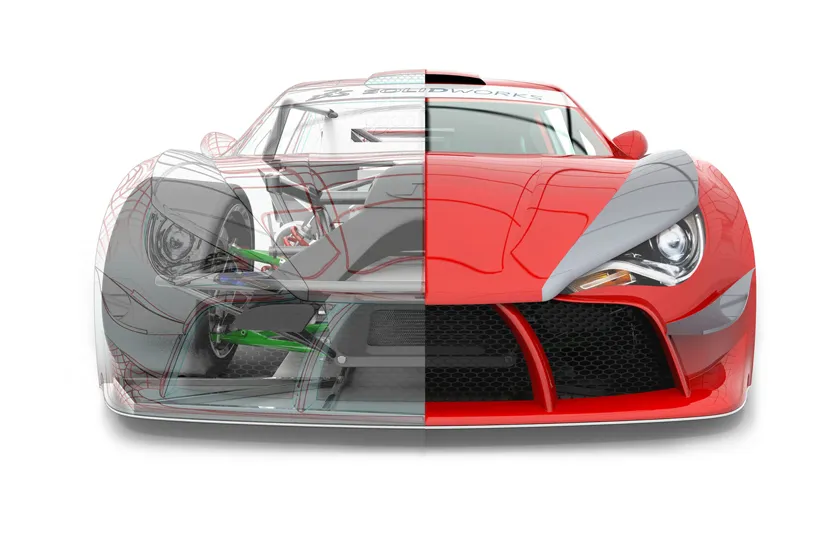Technology is the leader of the enterprising world. And it leads using a constitution. Unlike the traditional political structure, this constitution is Algorithms written by engineers, scientists, etc and not congressmen and buy Photoshop for sale. The global competition is largely who has the best technical group to write the best one; in this case, Algorithms, that comprise of patents, technical processes, tools, and so on. As a nation develops, adopts, applies and diffuses appropriately the contents of this constitution, it elevates the lives of its citizens. The more innovation a nation pursues, the more it refines this constitution. Economists have shown a correlation between Knowledge Economy Index (KEI), productivity and standard of living. The challenge for any nation is to improve its KEI number. Doing that involves good education, economic regime and other variables that help to improve technology capability.
The age of natural resources dominating global commerce and industry is gone. What matters now is creating knowledge and applying it. Some nations will create, others will merely consume. But wealth is concentrated at the creative stage and nations that focus on consuming, without creating technology will not prosper. Even with abundance of natural resources, which in many instances, the consuming nations cannot independently process without the knowledge partners will not change this trajectory of limited national wealth without technology creation.
On this basis, I separate the two layers where nations use and compete with technology as upstream and downstream layers. It is like a two layer pyramid where the downstream is at the bottom with the upstream seated on top. What happens here is that some nations focus on the downstream layer while others combine both the downstream and upstream layers.
The most advanced nations combine the two layers as they seek international competitiveness. They provide technology roadmap that looks at the future and have plans to take advantages that technology brings. They create and develop things and in the 21st century are classed as knowledge driven economies. In those nations, there is planning for continuity and technology succession.
For the other nations, usually developing, they compete at the technology pyramid primarily at the downstream layer. They lack the know-how to create things and commercialize technology intellectual properties. The nations are not driven by technology, rather commodities. They are prone to trade shocks and are usually economically non-vibrant. They fail to create wealth using technology and participate in the pyramid as consumers or prosumers. Let me illustrate using Nigeria where they speak the language of petroleum. In the petroleum industry, there are the downstream and upstream sectors. While the upstream focuses on exploration of crude oil, downstream does the distribution and marketing.
The money is in the upstream sector, a major reason we have the foreign partners concentrated therein. That is where the knowledge creation is done and utilized in the industry. I am cautious to say, without the knowledge partners in Nigeria, helping to explore this crude oil, Nigeria cannot mine this product. Verdict: the oil will be there and of no tangible economic use. This will follow a pattern where villages have water underneath them but no drilling expertise to harness the water for cooking and drinking. That is the problem of anchoring national strategy at the downstream level. It lacks inventiveness.
In Africa and many developing countries where ICT has been embraced, they rarely know that there is more value than what ICT gives them. Sure ICT has helped many developing countries to improve their business processes, tools and people. They are so excited on the powers of quicker and faster communication. They savor the wonders of email, Internet and mobile phone and many more. These experiences are primarily on marketing, distributing and installation of these ICT systems. They rarely make them and can only play at the downstream layer.
There economists point out repeatedly the innovations ICT has brought to the economies. I agree, ICT is wired for innovation in so many areas. Nonetheless, the good news is that there are more benefits up in the pyramid if you move up to the upstream layer. By not creating technology, our techno-economic benefits are limited and this will not change until we move up the pyramid.
Though this point can be illustrated with any technology, I will use the ICT because it is common and familiar to people. I have already illustrated the point in the petroleum industry where many developing nations depend on petroleum refining technology of the developed countries to extract the oil. Even if they develop technologies for the distribution, the upstream idea will triumph. Nations make more money to license technologies at the upstream level compared to the downstream.
Back to ICT, the upstream level will involve designing computing systems, cellphones, routers, device drivers, and all other infrastructures that enable ICT revolution. Instead of importing the latest cellphones, we will think how to design them. In 80% of the developing nations where mobile technology is used, less than 2% of the technologies are designed and manufactured there.
Yes, there are businesses that distribute and sale these gadgets and make marginal profits. They can import a laptop from China at $500 and sell to their customers at $650. Because the barrier to entry is so weak, the margins are small. Everyone is selling and there are shops everyone. They are technology firms to their nations because they can load the software and configure the networks and get the laptop working.

More Stories
How Bronx No-Fault Doctors Prepare Medical Records for Court Evidence
Pain Management Options Offered by New York Car Accident Doctors
Safepal: Revolutionizing Cryptocurrency Security with Cutting-Edge Solutions